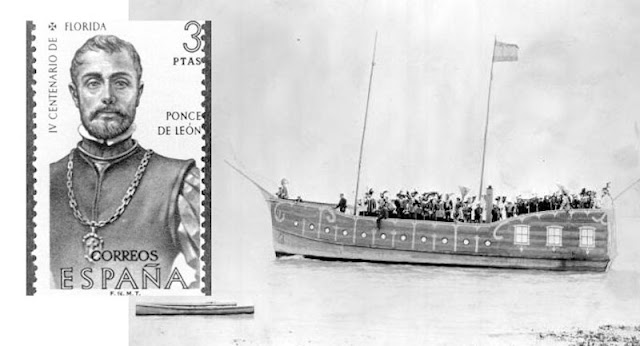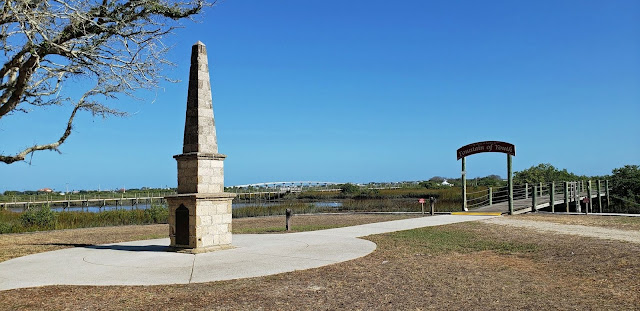On This Date In History
On April 2, 1917, President Woodrow
Wilson asks Congress to send U.S. troops into battle against Germany in
World War I. In his address to Congress that day, Wilson lamented it is a
fearful thing to lead this great peaceful people into war. Four days
later, Congress obliged and declared war on Germany.
In February and
March 1917, Germany, embroiled in war with Britain, France and Russia,
increased its attacks on neutral shipping in the Atlantic and offered,
in the form of the so-called Zimmermann Telegram, to help Mexico regain
Texas, New Mexico and Arizona if it would join Germany in a war against
the United States. The public outcry against Germany buoyed President
Wilson in asking Congress to abandon America’s neutrality to make the
world safe for democracy.
Wilson went on to lead what was at the time
the largest war-mobilization effort in the country’s history. At first,
Wilson asked only for volunteer soldiers, but soon realized voluntary
enlistment would not raise a sufficient number of troops and signed the
Selective Service Act in May 1917. The Selective Service Act required
men between 21 and 35 years of age to register for the draft, increasing
the size of the army from 200,000 troops to 4 million by the end of the
war. One of the infantrymen who volunteered for active duty was future
President Harry S. Truman.
In addition to raising troop strength,
Wilson authorized a variety of programs in 1917 to mobilize the domestic
war effort. He appointed an official propaganda group called the
Committee on Public Information (CPI) to give speeches, publish
pamphlets and create films that explained America’s role in the war and
drummed up support for Wilson’s war-time policies. For example, the
CPI’s representatives, known as four-minute men, traveled throughout the
U.S. urging Americans to buy war bonds and conserve food. Wilson
appointed future President Herbert Hoover to lead the Food
Administration, which cleverly changed German terms, like hamburger and
sauerkraut, to more American-sounding monikers, like liberty sandwich or
liberty cabbage.
Wilson hoped to convince Americans to voluntarily
support the war effort, but was not averse to passing legislation to
suppress dissent. After entering the war, Wilson ordered the federal
government to take over the strike-plagued railroad industry to
eliminate the possibility of work stoppages and passed the Espionage Act
aimed at silencing anti-war protestors and union organizers.
The
influx of American troops, foodstuffs and financial support into the
Great War contributed significantly to Germany’s surrender in November
1918. President Wilson led the American delegation to Paris for the
negotiation of the Treaty of Versailles in June 1919, a controversial
treaty, which was never ratified by Congress, that some historians claim
successfully dismantled Germany’s war machine but contributed to the
rise of German fascism and the outbreak of World War II. Wilson’s most
enduring wartime policy remains his plan for a League of Nations, which,
though unsuccessful, laid the foundation for the United Nations.
On April 2, 1917, Jeannette Pickering Rankin, the first woman ever elected to Congress, takes her seat in the U.S. Capitol as a Republican representative from Montana.
Born on a ranch near Missoula, Montana Territory, in 1880, Rankin was a social worker in the states of Montana and Washington before joining the women’s suffrage movement in 1910. Working with various suffrage groups, she campaigned for the women’s vote on a national level and in 1914 was instrumental in the passage of suffrage legislation in Montana. Two years later, she successfully ran for Congress in Montana on a progressive Republican platform calling for total women’s suffrage, legislation protecting children, and U.S. neutrality in the European war. Following her election as a representative, Rankin’s entrance into Congress was delayed for a month as congressmen discussed whether a woman should be admitted into the House of Representatives.
Finally, on April 2, 1917, she was introduced in Congress as its first female member. The same day, President Woodrow Wilson addressed a joint session of Congress and urged a declaration of war against Germany. On April 4, the Senate voted for war by a wide majority, and on April 6 the vote went to the House. Citing public opinion in Montana and her own pacifist beliefs, Jeannette Rankin was one of only 50 representatives who voted against the American declaration of war. For the remainder of her first term in Congress, she sponsored legislation to aid women and children, and advocated the passage of a federal suffrage amendment.
In 1918, Rankin unsuccessfully ran for a Senate seat, and in 1919 she left Congress to become an important figure in a number of suffrage and pacifist organizations. In 1940, with the U.S. entrance into another world war imminent, she was again elected as a pacifist representative from Montana and, after assuming office, argued vehemently against President Franklin D. Roosevelt’s war preparations. On December 7, 1941, the Japanese attacked Pearl Harbor, and the next day, at Roosevelt’s urging, Congress passed a formal declaration of war against Japan. Representative Rankin cast the sole dissenting vote. This action created a furor and Rankin declined to seek reelection. After leaving office in 1943, Rankin continued to be an important spokesperson for pacifism and social reform. In 1967, she organized the Jeannette Rankin Brigade, an organization that staged a number of highly publicized protests against the Vietnam War. She died in 1973 at the age of 93.
On April 2, 1513, near present-day St. Augustine, Spanish explorer Juan Ponce de Leon comes ashore on the Florida coast, and claims the territory for the Spanish crown.
Although other European navigators may have sighted the Florida peninsula before, Ponce de Leon is credited with the first recorded landing and the first detailed exploration of the Florida coast. The Spanish explorer was searching for the “Fountain of Youth,” a fabled water source that was said to bring eternal youth. Ponce de Leon named the peninsula he believed to be an island “La Florida” because his discovery came during the time of the Easter feast, or Pascua Florida.
In 1521, he returned to Florida in an effort to establish a Spanish colony on the island. However, hostile Native Americans attacked his expedition soon after landing, and the party retreated to Cuba, where Ponce de Leon died from a mortal wound suffered during the battle. Successful Spanish colonization of the peninsula finally began at St. Augustine in 1565, and in 1819 the territory passed into U.S. control under the terms of the Florida Purchase Treaty between Spain and the United States.
Don Juan Ponce De Leon Monument (Looking north. Matanzas River and Vilano Causeway Bridge in background)













No comments:
Post a Comment